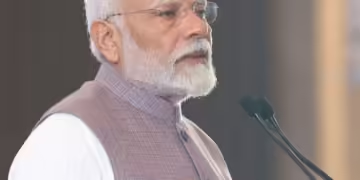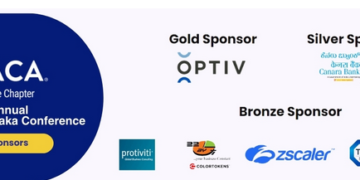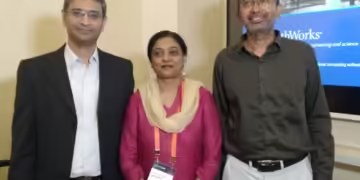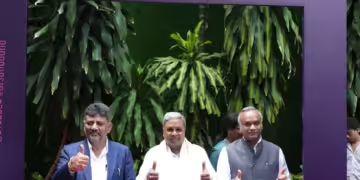24.10.2018
New breed of Semiconductor Company, combining the best of Deep Learning and semiconductor design, bringing machine learning capabilities into edge devices.
- Robert Bosch Venture Capital joins a strong strategic investors syndicate of M12, Intel Capital, Applied Ventures, The Alexa Fund, and Motorola Solutions Ventures.
- Syntiant enables always-on deep learning inference for battery-powered devices on the edge.
- Managing Director Dr. Ingo Ramesohl: “Syntiant’s technology is unrivaled and strategically relevant for a variety of Bosch products, in particular for consumer sensor applications.”
- Stuttgart, Germany – Robert Bosch Venture Capital, the corporate venture capital company of the Bosch Group, has completed a co-investment in Syntiant in a $25 million Series B round of financing. Syntiant is creating an entirely new class of ultra-low-power, high-performance, deep neural network processors for edge computing. The Series B funding was led by M12, Microsoft Corporation’s venture fund. Other strategic investors that participated in the raise include Amazon’s The Alexa Fund, Intel Capital, Applied Ventures, and Motorola Solutions Ventures.
- “Syntiant’s technology is unrivaled by any other player in the AI Hardware Acceleration sector for the consumer industry, enabling always-on inference for audio/voice and image/video applications on the edge.” says Ingo Ramesohl, Managing Director at Bosch Ventures. “This technology is strategically relevant for various Bosch products, in particular for consumer sensor applications.”
“We are both humbled and excited to be supported by the world’s greatest technology companies,” said Kurt Busch, CEO of Syntiant. “With participation from existing and new investors, we will be able to commercialize Syntiant’s neural network technology for most battery powered devices to truly enable pervasive artificial intelligence.”
Innovative tech combined with ease-of-use and experienced team
The Irvine, California-based company is developing semiconductor solutions designed from the ground up for deep learning inference. Without the constraints of legacy processor architectures, Syntiant’s neural decision processors (NDPs) use full custom neural networks that can offer orders of magnitude lower power by extreme memory efficiency along with massively parallel computation with modest precision. Ideally suited for applications as small as hearing aids and IoT, to as large as smart speakers and mobile phones, Syntiant enables always-on deep learning inference in battery powered devices.
The company stores neural networks inside the chip and performs operations within the memory. “This cuts power consumption from milliwatts to microwatts—and without giving up the accuracy of the algorithm,” said Kurt Busch.
Syntiant is aiming to lower the barrier for programming its chips, building software tools to support its massively parallel analog computer. Busch said that customers could take networks trained in TensorFlow and load the weights directly into its processor as firmware. “One of the biggest obstacles to deploying inference on the edge is programming the hardware,” he added.
The leadership team has more than 200 yrs. of combined relevant experience in semiconductor general management, operations, hardware and software design, marketing, and manufacturing from Broadcom, Bell Labs, Qualcomm Cadence, DEC, Mindspeed and others; and particular experience in ultra-low-power and analog neural network chip design.










































